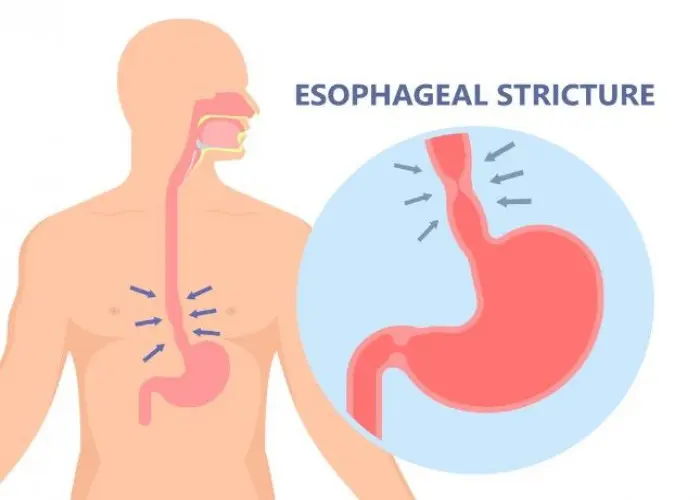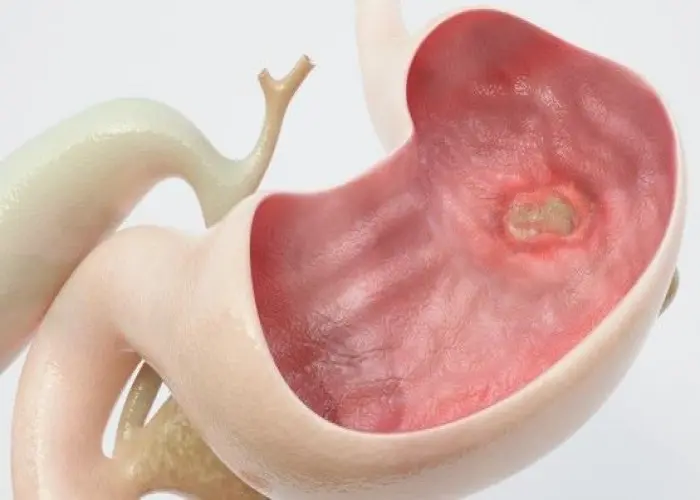 Welcome
Welcome
“May all be happy, may all be healed, may all be at peace and may no one ever suffer."
Pancreatitis

Pancreatitis is a condition characterized by inflammation of the pancreas, a gland located behind the stomach that plays a crucial role in digestion and blood sugar regulation. Acute pancreatitis develops suddenly and is usually a short-term condition, while chronic pancreatitis can develop over time and cause long-term damage to the pancreas.
Symptoms of pancreatitis can include severe abdominal pain, nausea and vomiting, fever, rapid heartbeat, and swollen and tender abdomen. In severe cases, pancreatitis can lead to complications such as pancreatic necrosis (tissue death), pancreatic pseudocysts (fluid-filled sacs), and infections.
The most common causes of pancreatitis include gallstones, alcohol consumption, high levels of triglycerides in the blood, and certain medications. Other less common causes include viral infections, autoimmune diseases, and genetic factors.
Treatment for pancreatitis typically involves hospitalization and supportive care, such as pain management, IV fluids, and nutritional support. In severe cases, surgery may be necessary to remove damaged tissue or drain fluid-filled sacs. Long-term management may involve lifestyle changes such as avoiding alcohol and high-fat foods, taking pancreatic enzymes, and managing underlying conditions such as high triglyceride levels or diabetes.
The prognosis for pancreatitis varies depending on the severity and underlying cause of the condition. Acute pancreatitis can often be managed with appropriate treatment, while chronic pancreatitis can lead to long-term complications and decreased quality of life. If you suspect you may have pancreatitis, it's important to seek medical attention promptly to prevent serious complications.
Research Papers
Disease Signs and Symptoms
- Upper abdomen pain
- Abdomen pain
- Tenderness when touching the abdomen
- Fever
- Rapid pulse
- Nausea or vomiting
- Oily smell stools (steatorrhea)
Disease Causes
Pancreatitis
Pancreatitis occurs when digestive enzymes become activated while still in the pancreas, irritating the cells of your pancreas and causing inflammation.
With repeated bouts of acute pancreatitis, damage to the pancreas can occur and lead to chronic pancreatitis. Scar tissue may form in the pancreas, causing loss of function. A poorly functioning pancreas can cause digestion problems and diabetes.
Conditions that can lead to acute pancreatitis include:
- Gallstones
- Alcoholism
- Certain medications
- High triglyceride levels in the blood (hypertriglyceridemia)
- High calcium levels in the blood (hypercalcemia), which may be caused by an overactive parathyroid gland (hyperparathyroidism)
- Pancreatic cancer
- Abdominal surgery
- Cystic fibrosis
- Infection
- Injury to the abdomen
- Obesity
- Trauma
Endoscopic retrograde cholangiopancreatography (ERCP), a procedure used to treat gallstones, also can lead to pancreatitis.
Sometimes, a cause for pancreatitis is never found. This is known as idiopathic pancreatitis.
Disease Prevents
Disease Treatments
Initial treatments in the hospital may include:
- Early eating. Old data suggested to stop eating for a couple of days in the hospital in order to give your pancreas a chance to recover. This is no longer practiced. Newer data have suggested that eating as soon as you tolerate food helps heal the pancreas.
- As the inflammation in your pancreas improves and pain symptoms improve, you should begin drinking clear liquids and eating bland foods. With time, you can go back to your normal diet.
- If your pancreatitis symptoms persist and you still experience pain when eating, your doctor may recommend a feeding tube to help you get nutrition.
- Pain medications. Pancreatitis can cause severe pain. Your health care team will give you medications to help control the pain.
- Intravenous (IV) fluids. As your body devotes energy and fluids to repairing your pancreas, you may become dehydrated. For this reason, you'll receive extra fluids through a vein in your arm during your hospital stay.
Once your pancreatitis is under control, your health care team will evaluate and treat the underlying cause of your pancreatitis. Depending on the cause of your pancreatitis, treatment may include:
- Procedures to remove bile duct obstructions. Pancreatitis caused by a narrowed or blocked bile duct may require procedures to open or widen the bile duct.
- A procedure called endoscopic retrograde cholangiopancreatography (ERCP) uses a long tube with a camera on the end to examine your pancreas and bile ducts. The tube is passed down your throat, and the camera sends pictures of your digestive system to a monitor. Anesthesia is used for this procedure.
- ERCP can aid in diagnosing problems in the bile duct and pancreatic duct and in removing obstructions, such as gallstones. In some people, however, ERCP can also lead to acute pancreatitis.
- Gallbladder surgery. If gallstones caused your pancreatitis, your doctor will recommend surgery to remove your gallbladder (cholecystectomy).
- Pancreas procedures. Endoscopic procedures may be necessary to drain fluid from your pancreas or to remove diseased tissue.
- Treatment for alcohol dependence. Drinking several drinks a day over many years can cause pancreatitis. If this is the cause of your pancreatitis, your doctor may recommend you enter a treatment program for alcohol addiction. Continuing to drink alcohol would worsen your pancreatitis and lead to serious complications.
- Medication changes: If a medication is deemed to be a cause of acute pancreatitis, your doctor may stop the medication and work with you to find alternative options.
Additional treatments for chronic pancreatitis
Depending on your situation, chronic pancreatitis may require additional treatments, including:
- Pain management. Chronic pancreatitis can cause persistent abdominal pain. Your doctor will evaluate you for causes of chronic pancreatitis and may recommend medications to control your pain. If necessary, you may be referred to a pain specialist.
- Severe pain may be relieved with options such as endoscopic ultrasound or injections to block nerves that send pain signals from the pancreas to the brain.
- Enzymes to improve digestion. In chronic pancreatitis leading to diarrhea or weight loss, pancreatic enzyme supplements can help your body break down and process the nutrients in the foods you eat. Pancreatic enzymes are taken with each meal.
- Changes to your diet. Your doctor may refer you to a dietitian who can help you plan low-fat meals that are high in nutrients.
Disease Diagnoses
Disease Allopathic Generics
-
Pancreatin
1 pill 2/3 times a day after meals.
-
Hyoscine Butylbromide
1 injection into the flesh. Can be given after 8 hours if necessary.
-
Ketoprofen (Oral & injection)
Medicines containing ketoprofen for severe pain.
1 injection in the morning and 1 at night depending on the severity of the disease.
-
Pethidine Hydrochloride
Medicines containing Pathidine Hydrochloride.
1 injection into the flesh.
-
Domperidone Maleate
Medicines containing domperidone for gastric distension and gastric emptying and belching, flatulence, flatulence or regurgitation.
1 pill 3 times a day 15/30 minutes before meals.
-
Metoclopramide Hydrochloride
Medicines containing metoclopramide. 1+0+1 after 5/10 minutes of food.
-
Ranitidine Hydrochloride
Medicines containing ranitidine for stomach gas pain or discomfort.
1 pill in the morning and 1 pill at night after food.
-
Simethicone
Medicines of the group containing simethocan for gas, flatulence, etc.
Eat 2 spoons after 30 minutes.
-
Dextrose
If dextrose saline is required for body weakness or for any reason.
40-50 drops per minute intravenously.
-
Cephradine
Blood for Complete Picture-CP should be tested. To reduce white blood cell count.
1 3/4 times every 7 days or 500mg 1 every 8 hours.
Disease Ayurvedic Generics
Disease Homeopathic Generics
Disease yoga
Pancreatitis and Learn More about Diseases

Eosinophilic esophagitis

Rubella

Liver disease

Color blindness

Gastric Ulcer

Carcinoid syndrome

Leprosy

Idiopathic hypersomnia
pancreatitis, অগ্ন্যাশয় প্রদাহ
To be happy, beautiful, healthy, wealthy, hale and long-lived stay with DM3S.